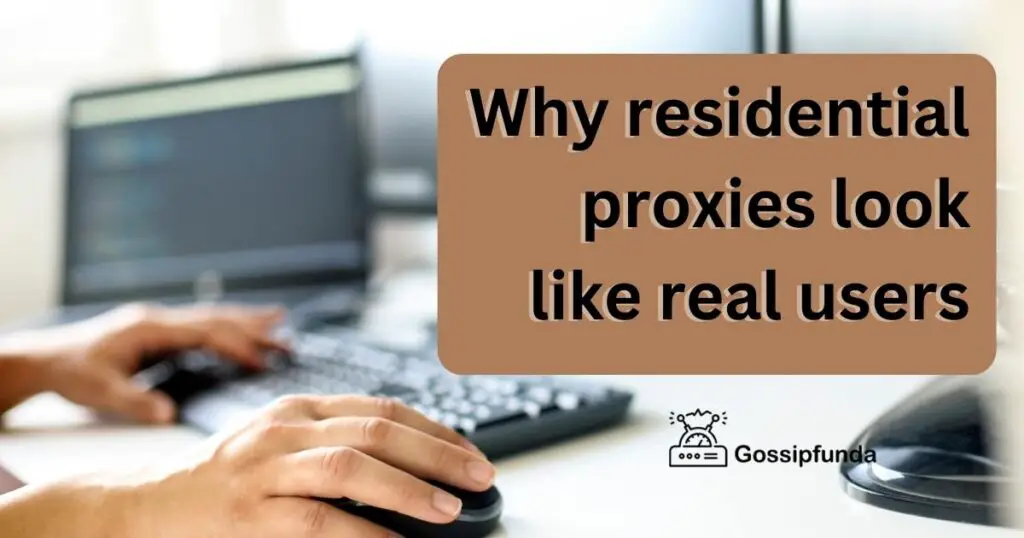Internet privacy is a number one priority for many internet users. In the past, nobody knew who was at the receiving end of the connection, but in the last few decades, everything changed, for better or worse.
The modern version of IT is a scary one for internet privacy enthusiasts. As the endless fight for anonymity never fades away, and the hope for creating humane technology is long gone, our attention shifts toward cybersecurity tools. Suppose tech companies stop at nothing to destroy user privacy. In that case, we must find ways to bend the rules and get back online anonymity, or at least protect some sensitive data points that are constantly visible to third parties.

Unfortunately, the laws that govern the internet are structured so that the information essential for establishing a connection gives up too much private data for the recipients. As we connect to apps or desired web servers, we use a public IP address to establish connections. The web server that retrieves this information can use it to run profiling algorithms and associate your address with other elements that expose identity or sell it to third parties that have trackers all over the web and follow every step of your browsing experience.
With so many threats at every corner, the original IP address must be protected at all costs. We recommend routing connections through proxy servers to ensure tech companies, trackers, and hackers never know your public IP.
This article will discuss proxies, why residential proxies are the best option for online anonymity, and how these addresses look like real users. We will discuss how IP address changes alter your version of the internet, let you access more closed regions, or escape suppressed locations. For example, with a UK proxy service, you can visit geo-blocked websites despite being a visitor from a foreign country or go the other way around: use a proxy server in a different location. To learn more about the UK proxy service, check out this article from one of the best providers.
Residential proxies vs Datacenter IPs
While there can be many types of proxy servers with extra features that improve anonymity, at their core, most providers offer two choices: Datancenter and residential IPs.
At first glance, datacenter IPs might seem like a better option because they have dedicated high-end hardware, and their servers are stored in well-guarded facilities. However, their connections have one unique flaw: if you visit whatismyip.com or a similar website, you will notice that these connections do not have information about internet service providers (ISP). When you connect to other sites and servers with a datacenter proxy, the owner instantly knows that it is not a legitimate location and may choose to block you under the suspicion of a potential DDoS attack or web scraping attempt.
Residential proxies are slower but have a lot more addresses worldwide. That is because their servers are the common everyday devices connecting to the internet. We experience a dip in speed because sometimes these addresses have to be shared between multiple users, but they are much more secure and have an assigned ISP.
Unblocking locations with residential proxies
While data centers have thousands of IPs, the best proxy providers have millions of available addresses in 190+ countries. With a top supplier, you can switch to any location and always unblock geo-blocked websites.
If you connect to a region far from your physical location, your speed can take a big dip. That is why we recommend using proxy servers only for connections needing location change and extra anonymity. You can assign a residential IP for only one browsing session and separate it from the rest of the internet traffic.
Read more: Allegiant website not working
How to earn money with residential proxies
The extra anonymity we get from residential IPs is essential for business-oriented tasks. Here we address the most common use cases that help you earn money directly or assist other company activities.
Web scraping: Web scrapers are automated bots that extract and organize data from targeted websites. You can use them to collect information from other companies for a competitive advantage or scrape online shops, flight agencies, real estate websites, and other pages that have relevant information which you can sort, analyze and sell to third parties.
Social media management: Residential proxies are perfect for creating and managing bulk social accounts without being flagged for suspicious activity. Use as many identities as you like to stimulate growth.
Conclusion
Residential proxies are the best way to make your parallel and automated connections look like actual users. This way, you can avoid online tracking, never leave digital footprints, add extra identities to scale business tasks, and never get your IP banned.
My self Jean Acker, an SEO specialist. MS from the reputed college MIT. I am an innovative person, as well as have a sound interface with tech. Honestly, I easily supervise my meditations as well as my experimentation with Android and iOS.


